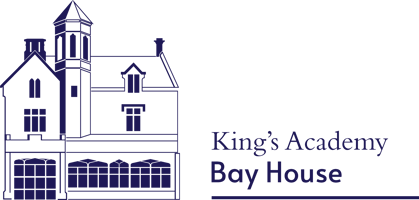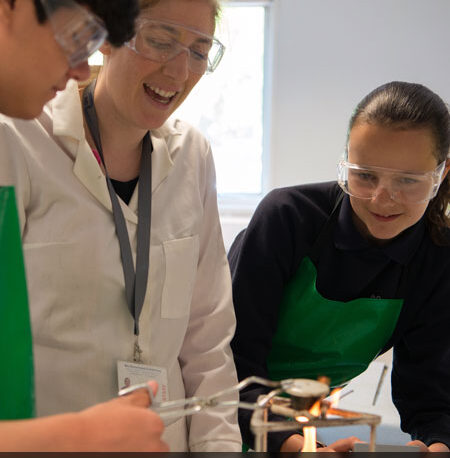Science
The study and appreciation of scientific ideas and concepts is essential. As well as enabling us to understand the world around us, we can also engage and have an informed opinion about current scientific controversies and innovations that could impact on our lives.
Therefore it is important that the science we learn in the classroom is seen to have some relevance to the outside world.
In order that this can happen, we continually seek to ensure that our lessons draw on real life contexts. Science is a practical-based subject, where part of the learning is achieved through investigation and enquiry. Our long term aim is to encourage pupils to develop their skills and use their observations to draw conclusions. Therefore, we seek to ensure that the pupils’ experiences are as practically-based as possible.
Science can often be perceived as challenging by many pupils. For this reason we are committed to continually reviewing how we teach so that we can enthuse and engage all pupils, irrespective of their ability. We are proud of these achievements and are always developing our courses and teaching provision to maintain this very high standard.
Year 7-8
Year 7 and 8 is the foundation of scientific learning for us. We believe that if pupils are motivated and successful at this level it will give them the drive they need to thrive as scientists and have a better understanding of the wider world. Our schemes of work have a heavy emphasis placed on practical based learning and problem-solving. Topics covered are broad and build in time for pupils to master the concepts needed for deeper learning at GCSE level.
Year 9
The Year 9 curriculum is designed to prepare pupils for the rigour of GCSE by focusing on the fundamental concepts and techniques for all three sciences. They will also undertake required practical work to continue the development of their practical skills, with more emphasis placed on analysis and evaluation of data.
Year 10-11
In Year 10, pupils will begin one of two exam pathways to their science GCSEs, both of which are part of the AQA Exam Board.
The majority of pupils will complete the Combined Science Trilogy course, which covers content in all 3 science subjects to a high level of detail. The curriculum includes time built in for recall, and pupils will continue to undertake required practical work which will also be assessed in examinations. At the end of Year 11, Combined Science pupils will sit two 1 hour 15 minute papers for each science, for a total of 6 exam papers, and will receive two Science GCSEs based on their total scores.
A small cohort of pupils will complete the Separate Science course (sometimes referred to as Triple Science), which is geared towards pupils who have demonstrated high proficiency in science, and may wish to pursue further studies in science. There is one third more content for all three science subjects in the Separate Science course, placing greater demands on pupils for lesson work, and independent revision at home. At the end of Year 11, Separate Science pupils will sit two 1 hour 45 minute papers for each science, for a total of 6 exam papers. They will receive a separate GCSE grade for each of the three science subjects.
Both the Science GCSE pathways have the option to sit Foundation or Higher Tier papers. The tier of entry decision for each pupil will be made by the science team in order to ensure the best possible outcome for each individual.
The Science GCSE courses cover all the topics below:
Biology:
Paper 1:
- Cell biology
- Organisation
- Infection and response
- Bioenergetics
Paper 2:
- Homeostasis and response
- Inheritance, variation and evolution
- Ecology
Chemistry:
Paper 1:
- Atomic structure and the periodic table
- Bonding, structure, and the properties of matter
- Quantitative chemistry
- Chemical changes
- Energy changes
Paper 2:
- The rate and extent of chemical change
- Organic chemistry
- Chemical analysis
- Chemistry of the atmosphere
- Using resources
Physics:
Paper 1:
- Energy
- Electricity
- Particle model of matter
- Atomic structure
Paper 2:
- Forces
- Waves
- Magnetism and electromagnetism
- Space physics (Separate Science only)
6th Form
We offer A-level courses in Biology, Chemistry and Physics. Please refer to our 6th form section for more information.

